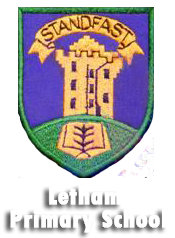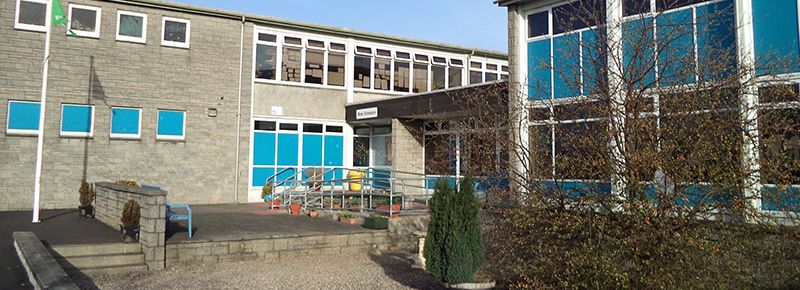Related Pages
- Get Together
- Social Media & Internet Safety
- 12.03.18 SAFE
- NSPCC - Underwear Rule
- Support for Pupils
- Dyslexia
- Big Maths - Learn Its
- Maths P1-3
- Maths P4-7
- Reading P1-3
- Reading P4-7
- Spelling P1-3
- Spelling P4-7
- Physical Activity
- Healthy Sleeping Home Learning
- Sugar Smart Home Learning
- Healthy Living - Exercise Home Learning
- Primary34
- Vision, Values & Aims
- Useful websites for home learning
Dyslexia
A Definition:
Dyslexia can be when someone has continuing difficulty in learning to read, write and/or spell, despite taking part in appropriate learning opportunities. Of course other experiences and/or difficulties can also affect learning.
Difficulties associated with Dyslexia can be:
- Processing spoken (heard) language
- Processing read (seen) language
- Matching sounds to words and letters/letter patterns (phonics)
- Reading fluency
- Working memory (keeping information in your head while you do the working)
- Organisation
- Sequencing and direction
- Number skills
- Motor skills and co-ordination
Anyone can be Dyslexic. It can run in families, but not always. Most dyslexics have a different range of difficulties. The impact on learning can vary considerably. About 10% of people have Dyslexia - that's 1 in 10 people!
Some Useful Information to help your child at home:
Be Encouraging
- Always give positive feedback and praise them for effort
Be Understanding
- Re-assure your child that their difficulties are not their fault
- Remember it may take your child longer to learn a new skill, and they may need to practice it more often.
Be Supportive
- Encourage your child to do things they are good at and enjoy
- Encourage hobbies ad interests
Be Patient
- Your child may get more tired with the effort it is taking them to learn, so keep home learning tasks short and allow for breaks
- Allow time to relax
Be Organised
- Have a regular routine for homework
- Create a quiet, clutter free homework area (switch off TV)
- Help your child be organised for school
Parent Information: http://enquire.org.uk/information/parents-guide
Here are some useful activities to support learning at home:
Touch Typing practice: https://www.dancemattypingguide.com


